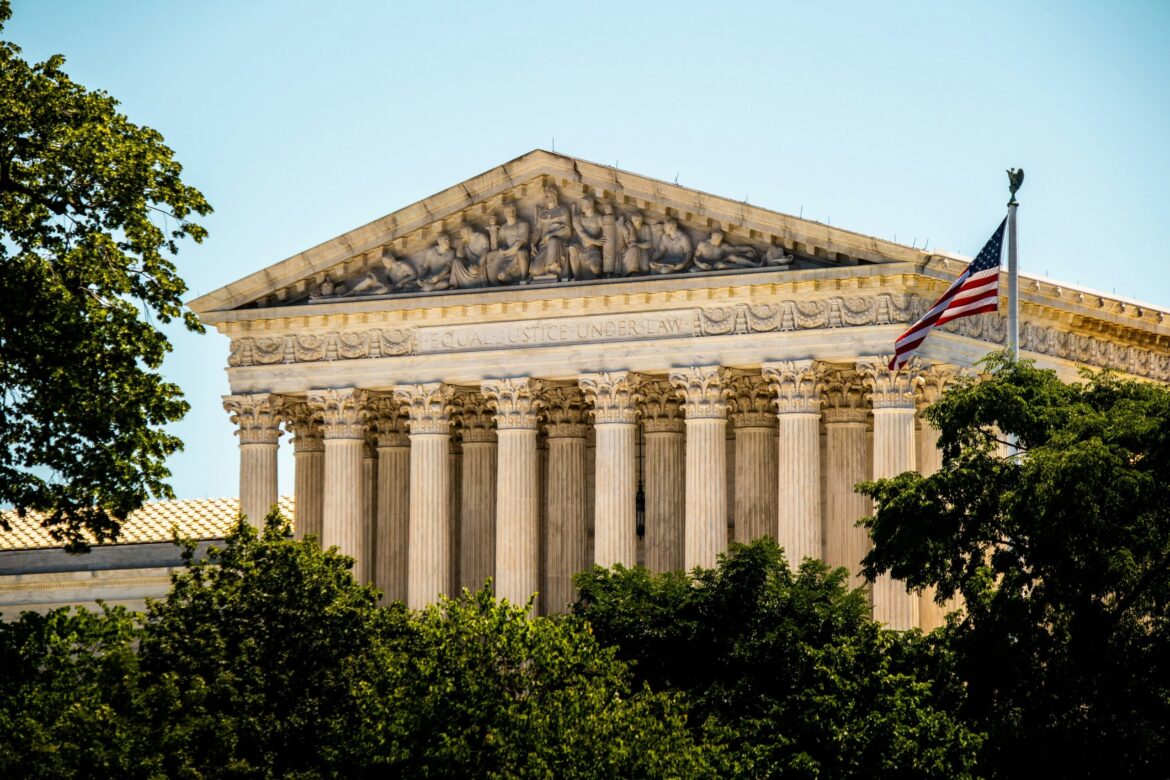In a defining moment for American jurisprudence, the U.S. Supreme Court issued a 6–3 ruling that dramatically curtails the authority of federal regulatory agencies. By dismantling the long-standing Chevron deference doctrine, the Court has reshaped the balance of power between the legislative branch and the vast network of executive agencies. The decision stems from a lawsuit filed by a small fishing company that contested federal oversight rules, setting the stage for a major constitutional confrontation.
Chief Justice John Roberts, writing for the majority, emphasized that regulatory agencies have overstepped their bounds for too long by interpreting ambiguous laws without sufficient congressional direction. “Agencies may not arrogate legislative power unto themselves,” Roberts wrote, asserting that it is the role of Congress to make laws and the judiciary to interpret them. This decision overturns a 40-year precedent that gave deference to agency interpretations of unclear statutes when Congress had not spoken directly on an issue.
Conservative lawmakers and legal theorists hailed the ruling as a triumph for the separation of powers and a reaffirmation of constitutional governance. They argue that the decision restores legislative accountability and reins in what many view as unelected bureaucracies with sweeping control over public life. The Environmental Protection Agency (EPA), Food and Drug Administration (FDA), and Federal Communications Commission (FCC) are among the agencies likely to face significant constraints in their rulemaking authority as a result of this judgment.
On the other side of the political spectrum, progressive organizations and legal scholars expressed deep concern about the broader implications of the Court’s decision. They warn that removing judicial deference to agency expertise could paralyze regulatory frameworks essential for protecting public health, environmental standards, and consumer safety. Critics fear that courts, rather than experts, will now make key determinations about complex scientific and technical matters.
This landmark ruling continues the Supreme Court’s trend of limiting the scope of federal administrative power, a clear reflection of the conservative legal movement’s priorities. It follows a series of decisions aimed at reining in what justices have described as bureaucratic overreach and restoring what they view as a more faithful interpretation of the U.S. Constitution. The ruling also reinforces the judiciary’s growing skepticism of the administrative state’s expansive influence over economic and social policy.
As the ripple effects of this decision spread through the federal government, agencies will likely need to adjust their procedures and seek clearer legislative mandates before enforcing controversial or ambiguous regulations. For Congress, the ruling places new urgency on crafting precise and detailed laws if it hopes to see its policy objectives carried out effectively. For the judiciary, it signals a more assertive role in policing the boundaries of federal power.

